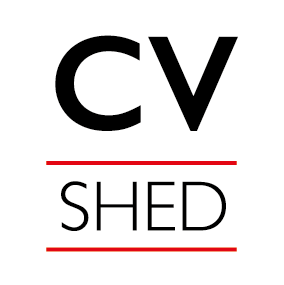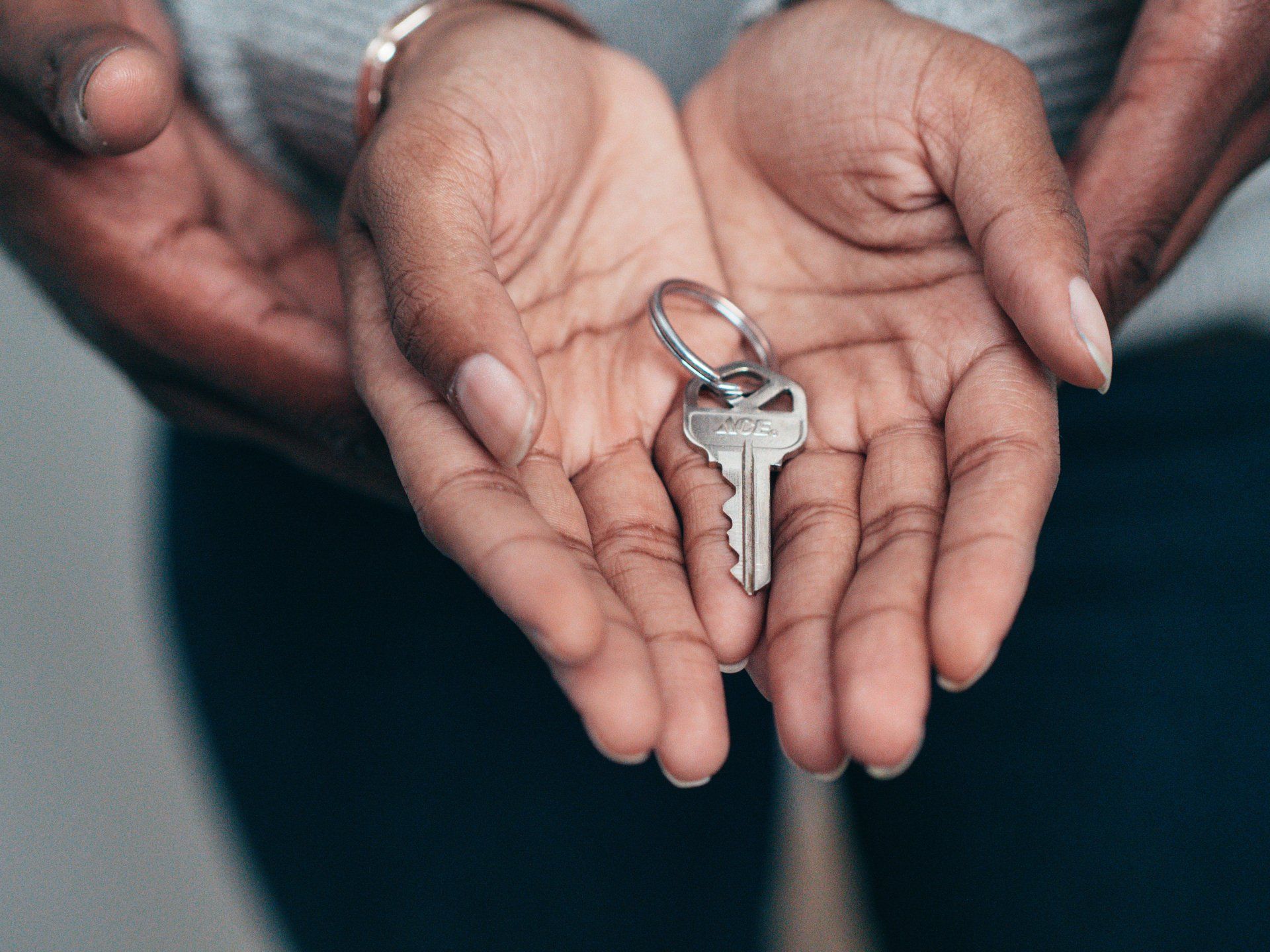How to get a job with a disability
For those with disabilities, there are additional considerations when navigating the job search process. Important questions include “when should I mention my disability?” and “should I even mention it at all?”
There’s no right answer to any of these questions, because everyone, and every disability, is different. There is no legal obligation to disclose a disability during the recruitment process (equal opportunities monitoring forms should not be used to inform decisions about progressing an application), so the key is to do what is right for you personally.
CV Shed has pulled together some considerations for every stage of the recruitment process, so that you can work it to your best advantage.
Should my CV include details of my disability?
Pros of including your disability on your CV
- You may gain peace of mind by addressing the issue at an early stage
- Any career gaps as a result of your disability can be covered briefly, honestly and positively
Cons of including your disability on your CV
- Your CV is your personal marketing document and should only include information that will sell you to an employer and prove your ability to do the job
- Anything that doesn’t support the primary aim of securing an interview should not be included
- You risk your first impression being that of “a disabled person” rather than “a competent professional”
- You risk discrimination
Should I mention my disability in a cover letter?
Pros of covering your disability in the cover letter
- There’s more scope for a personal touch to your explanation than there is on the CV
- Employers are obliged to make “reasonable adjustments” to accommodate people with disabilities during the recruitment process - this is the ideal opportunity to secure what you’re entitled to
- It could strengthen your application if worded effectively, as your disability could help you to do your role better – for example, applicants with autism often have in-depth subject knowledge and minute attention to detail
- An early explanation may avoid future misunderstanding of your needs – either during recruitment or once employed
Cons of covering your disability in the cover letter
- It doesn’t usually add anything that would sell your skills, experience and ability to make the recruiter want to progress your application
Should I bring up my disability during a job interview?
Pros of discussing your disability during interview
- Some discussions are better had face-to-face, when there is a more personal element to the interaction
- If your disability isn’t visible, you can win them over with your suitability for the role first
- You can assess their attitude towards your disability, which may affect your decision on whether you would feel happy working for them or not
- You can explain away any doubts an employer might have about your suitability
Cons of discussing your disability during interview
- You risk the interviewer becoming focused on your disability, rather than your ability
Should I disclose a disability when I receive a job offer?
Pros of mentioning your disability when you have a job offer
- You’re in a strong position to negotiate adjustments you may need going forward
- You'll be feeling more optimistic about getting a job with a disability if you've got this far
Cons of mentioning your disability when you have a job offer
- You may feel you’re too far along in the recruitment process to suddenly disclose a disability at this stage
Do I have to tell an employer about my disability?
Pros of not telling a potential employer about a disability
- Disability discrimination is illegal, but it still exists – you may miss out on your dream job due to someone else’s prejudice
- You may not feel comfortable sharing personal information with others
Cons of not telling a potential employer about a disability
- You can’t expect the employer to make adjustments to the recruitment process and your future working conditions if they aren’t aware of your additional needs in the first place
- You won't have any legal protection
Further help getting a job with a disability
Whatever your approach to job hunting, it’s important that you focus on the positives, make it easy for the employer to hire you and do whatever you feel is right for your career. You are in control of this aspect of recruitment and can do it on your own terms and in your own words.
If you need further advice regarding your CV, why not
work with CV Shed? I'll write the CV for you, providing a confidential service in line with your needs, to ensure that you're job hunt ready in no time.




